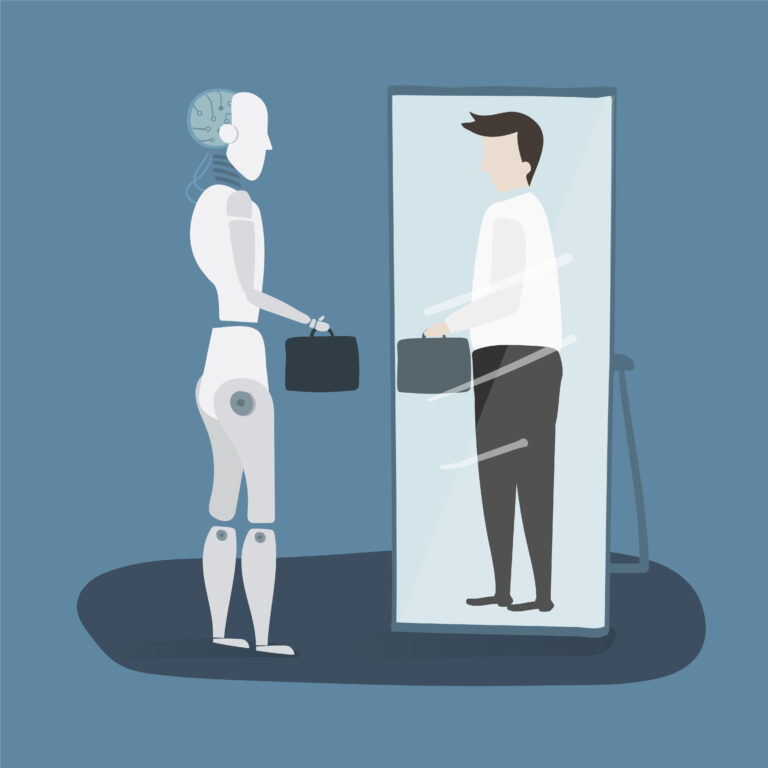
Close


In a constantly evolving professional world, Artificial Intelligence (AI) is clearly a major technological advance. Machines now have the ability to perform technical or repetitive tasks that were previously reserved for humans. AIs such as ChatGPT can respond to customer requests, generate data analysis and reports, and even assist in decision making. Therefore, the value chain and the organization of work will be deeply changed. However, these machines will not replace the emotional intelligence and soft skills that are essential in the professional world.
As François Rabelais said : "Science without conscience is only ruin of the soul"In other words, if we focus solely on technology and neglect the importance of human relations, we risk losing touch with the values that make us human and, especially, the interpersonal relationships in the personal and professional environment that are the cornerstone of our daily lives. Emotional skills and soft skills are becoming more critical than ever in an increasingly digitalized world.
In fact, emotional skill, such as listening ability, kindness ,and empathyare essential in many professional fields, such as healthcare, education, and team management, and more broadly in developing a company by attracting and retaining talent. In addition, soft skills, such as communication, cooperation, leadership, and problem solving, are also key skills in the workplace. Mastering these skills is what differentiates the most successful employees.
As Aarti Ramaswami ofESSEC in a research article published in 2017, your EI impacts your salary and according to a survey conducted by LinkedIn, 57% of business leaders consider soft skills to be more important than technical skills.
It's true that machines can perform technical tasks quickly and efficiently. However, machines cannot replace a human's ability to understand and manage emotions. Soft skills, such as communication, cooperation and problem solving, are also essential in leveraging AI. Teams need to work together to define goals, manage data and make informed decisions. It is therefore through soft skills that we will have the ability to better manage AI.
Ultimately, AI and emotional intelligence become two complementary intelligences in the professional world. Machines can perform technical tasks quickly and efficiently, but emotional skills and soft skills are essential and will remain predominant in ensuring one’s career success.
We must focus on developing these key skills to succeed in a constantly evolving professional world.
In conclusion, IE and soft skills will be the common thread of careers in tomorrow’ professional world. Companies must rely on the complementarity between AI and IE, and professionals must develop their relational, emotional and social skills to perform and succeed. Because, as Daniel Goleman said, “the true measure of intelligence is the ability to adapt to change”.